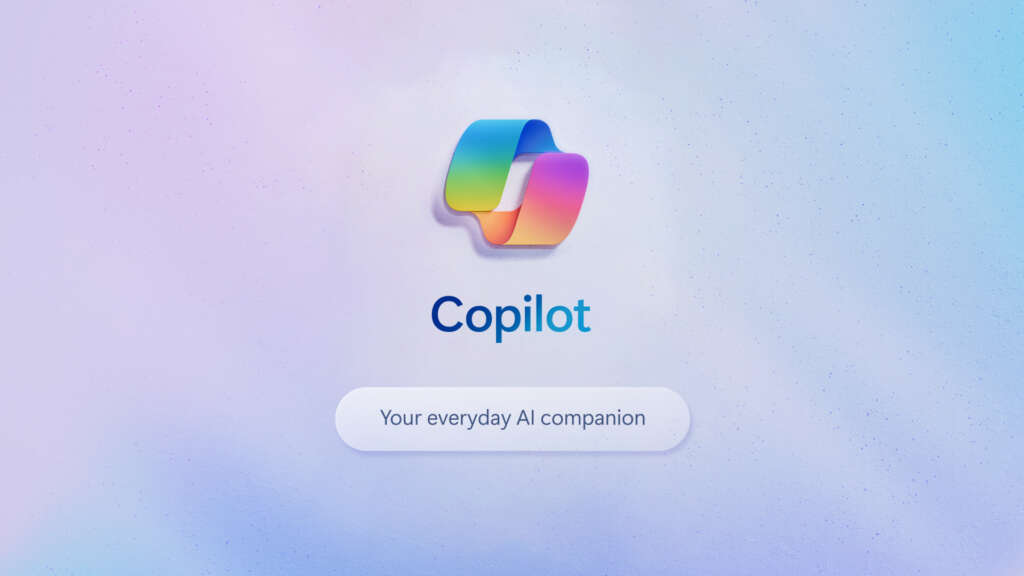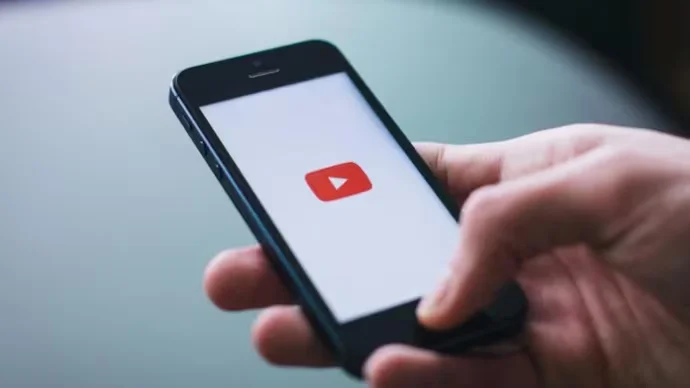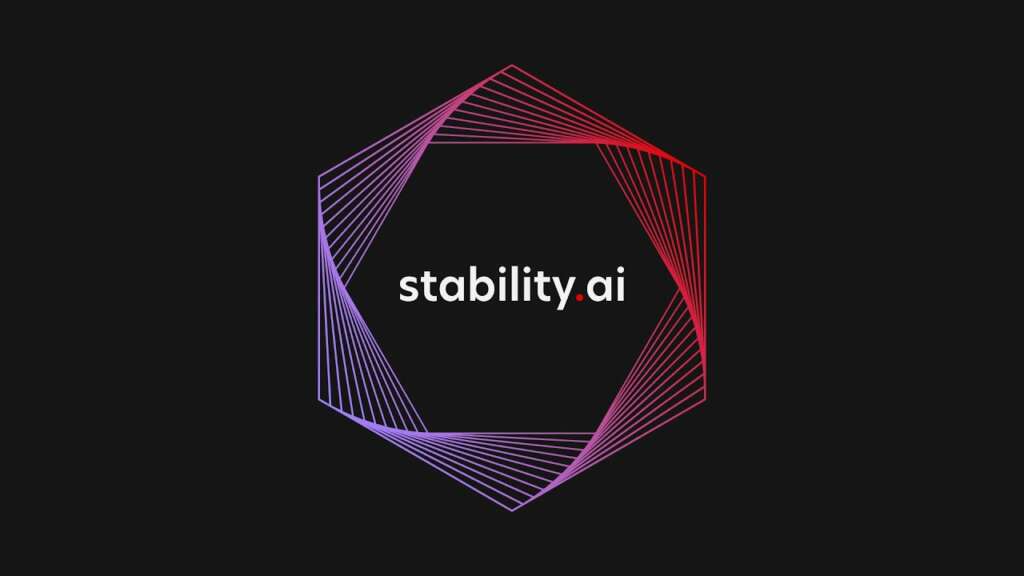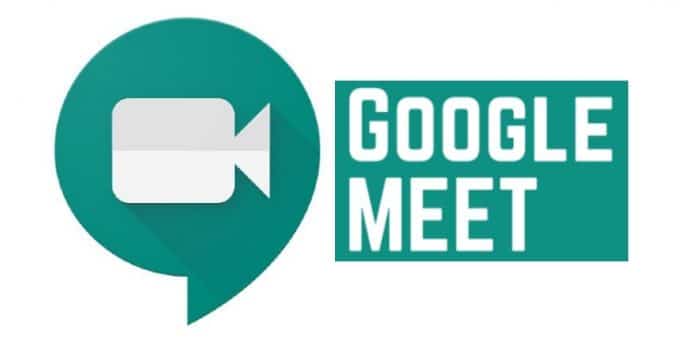Here are the top trending news from the world of technology. News that we feel every tech enthusiast should have a tab on.
1)
Copilot is now available for testing on Windows 10

Microsoft’s AI powered personal assistant tool Copilot, which was previously available to Windows 11 users, is now available for Windows 10 users for testing. To try Copilot, you can sign up for the Windows Insider program and then install the latest preview version of the Windows 10. Copilot in Windows 10 works very similar to how it works in Windows 11 but with some slight differences in features. These slight differences in features are owing to fact that some of the skills and actions that are available in Windows 11 don’t exits in Windows 10. Although still under development, Copilot can automate your several time-consuming tasks that can help in boosting your productivity.
2)
Google’s Bard can now understand and analyse YouTube Videos

Google’s AI chatbot Bard has got yet another useful update with latest update giving it a more in-depth access to YouTube video content. Although since September Bard was able to analyse YouTube Videos but the latest update allows it to interpret the videos with far better understanding. Thanks to this, it can now answer specific queries about the videos that can prove very useful for the viewers. For instance, you can ask Brad which specific tools were used in a DIY repair video or exactly how many quantities of eggs needs to be added in the recipe video. To use this feature, Brad users will have to first activate the YouTube extension in the Bard.
3)
Inflection AI debuts new LLM – more powerful than Google’s PaLM and Meta’s Llama 2

Inflection AI, a startup based in Palo Alto, California, has claimed it has surpassed Google and Meta in AI performance with its new model LLM model Inflection-2. The company claims that its new LLM model is now the second most powerful in the world, second only to GPT 4. Inflection-2 has achieved state-of-the-art performance on a wide-range of NLP benchmarks and has shown “substantially improved capabilities” as compared to Google’s PaLM and Meta’s Llama 2, the company said in a statement. It further added that it is now focusing on developing a model 10 times larger than Inflection-2 within next six months. If Inflection AI’s claims are indeed true then it can have a profound impact on the AI industry.
4)
Stability AI enters Video Generating Space

Stability AI, the company behind the open-source text-to-image AI model Stable Diffusion, has announced its entry into the video-generating game with the release of Stable Video Diffusion. Stable Video Diffusion can create videos from a single image. The new tool has been released in the form of two image-to-video models, each capable of generating 14 to 25 frames. Stable Video Diffusion is currently available only for research purposes and hence, as of today, companies and creators can’t use it for commercial applications. Notably, generating videos is one of the key goals of generative AI due to its potential to simplify content creation.
5)
Google Meet gets physical hand raising feature

Google Meet is getting a new feature that will allow users to physically raise their hands to indicate that they want to speak. The feature is currently in beta testing and will be available to all users in the coming weeks. To use the feature, users will simply need to raise their hand in front of their webcam. Google Meet will then detect the gesture and display a raised hand icon next to the user’s name. The raised hand icon will also be visible to all other participants in the meeting. The physical hand raising feature is a welcome addition to Google Meet, as it will make it easier for participants to indicate that they want to speak without having to interrupt the flow of the conversation.

